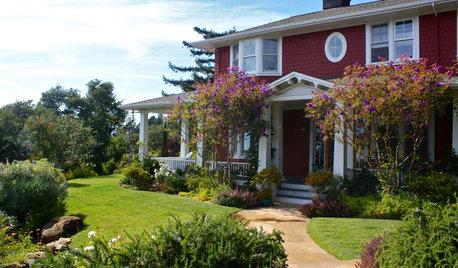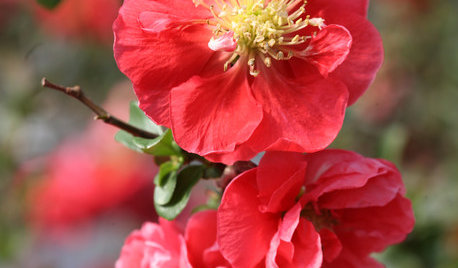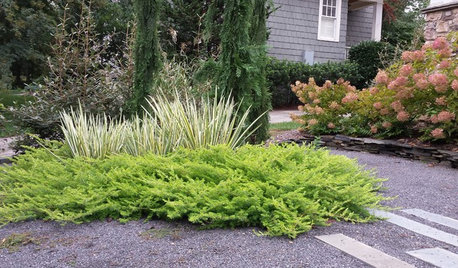Santa Claus is dead...
marylandmojo
17 years ago
Related Stories

HOUZZ TOURSMy Houzz: A Hilltop Family Home in Santa Cruz
Couple draws dream home inspiration from 'A Pattern Language' in thoughtfully placing windows, nooks and heirlooms
Full Story
SHOP HOUZZShop Houzz: Deck Out Your Tree With Holiday Ornaments
Now coming down Santa Claus Way: Ornaments as unique as your personality
Full Story0

DECORATING GUIDES8 Creative Home Backdrops for Holiday Photos
Give that mall Santa the year off — these photo ideas will make your holiday cards highly personal and truly memorable
Full Story
LIFEHow to Outsmart Backyard Critters
Learn to think like a raccoon, skunk or squirrel to keep your home safe and your garden intact
Full Story
WINTER GARDENINGCalifornia Gardener's January Checklist
Winter-defying blooms and pruning saws earn a cheer, while California-focused gardening design books get a well-deserved shout-out
Full Story
GARDENING GUIDESCreate a Fire-Safe Garden — With Style
Defend your home against wildfire with a well-planned mix of plants, materials and open space
Full Story
DECORATING GUIDESShop Your Garden for Easy Holiday Decorations
Make your home merry and bright without all the stress and fuss — everything you need is in your own backyard
Full Story
PLANTING IDEASThese Aren’t Your Grandparents’ Junipers
Dislike junipers? Maybe it’s time to discover new varieties and new uses for this garden workhorse
Full Story
MODERN HOMESHouzz Tour: Earthy Decor Adds Warmth to a Modern Home
Nature-based colors and rustic elements bring a cozier feeling to a minimalist house in Southern California
Full Story




Heathen1
pnbrown
Related Discussions
Is this a Desert King - Santa Claus Melon cross?
Q
Does Santa Claus grow a fall Garden?
Q
Right Down Santa Claus Lane
Q
Anyone see-short Yes, Virginia there is a Santa Claus
Q
Heathen1
pnbrown
Kimmsr
marylandmojoOriginal Author
althea_gw
pnbrown
marylandmojoOriginal Author
Kimmsr
pnbrown
newtxan
terri_portland
swampfarmer
marylandmojoOriginal Author
pnbrown
marylandmojoOriginal Author
pnbrown
finnbiker
marylandmojoOriginal Author
Heathen1
pnbrown
rosebush